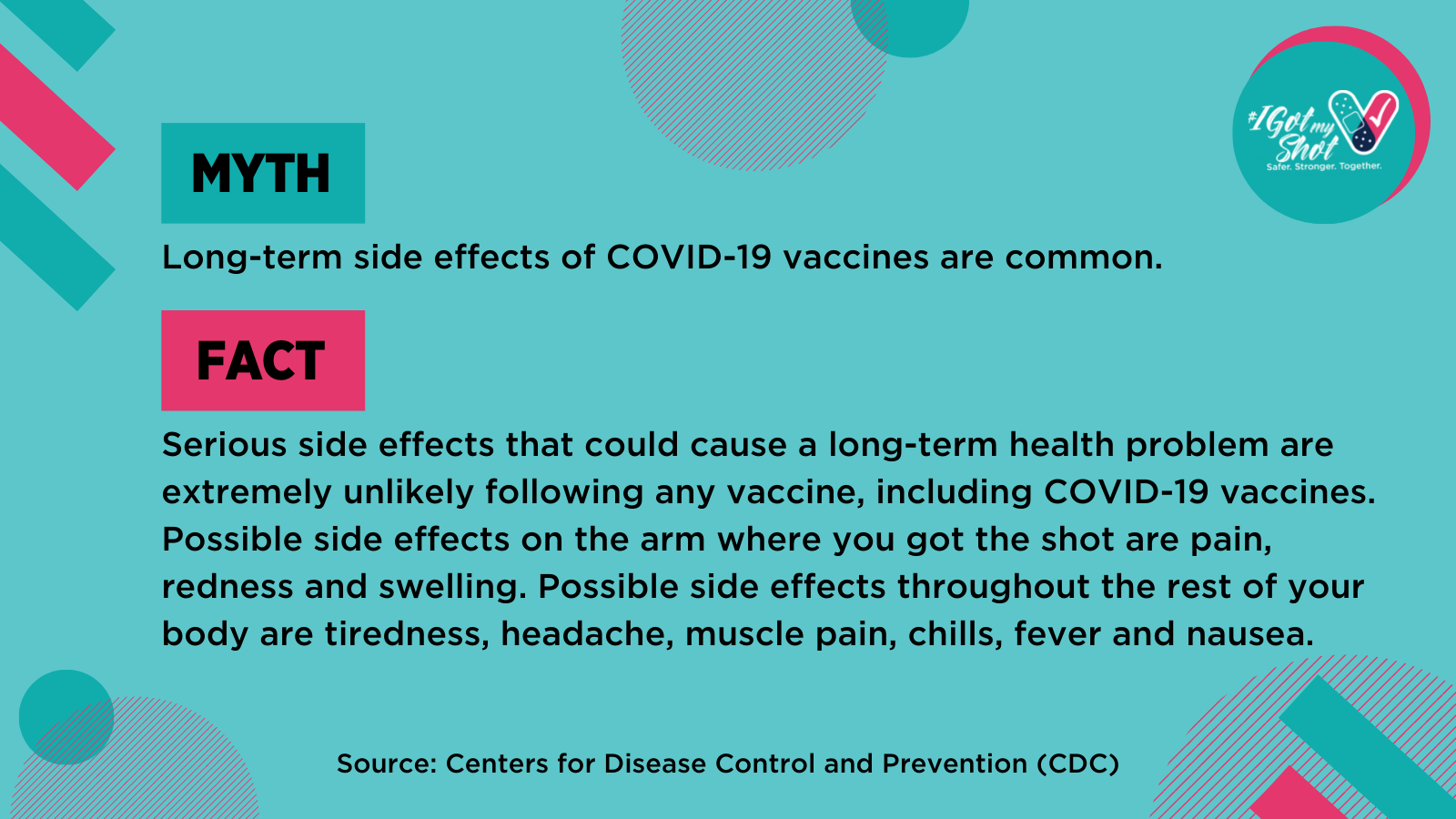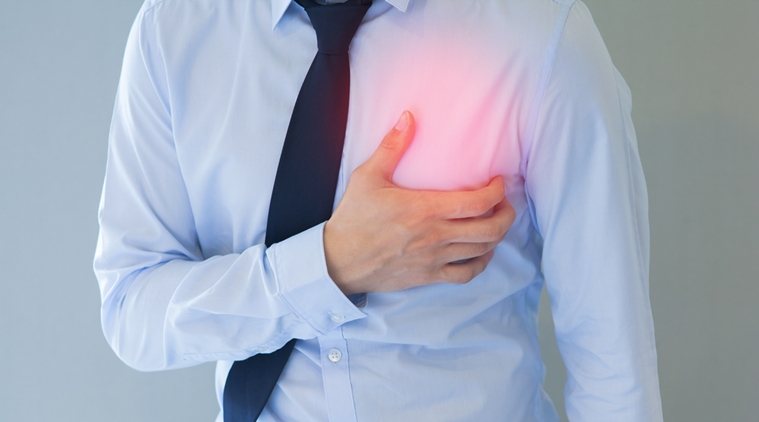
Official health bodies including the NHS and CDC recommend the vaccines for everyone eligible and clearly state they're safe.Īccording to the CDC, all "the known risks of COVID-19 illness and its related, possibly severe complications, such as long-term health problems, hospitalisation, and even death, far outweigh the potential risks of having a rare adverse reaction to vaccination". “However, it may have long-term consequences and studies are in progress to further understand the potential longer-term consequences with follow-up at three months and six months,” the Government concluded. The latest research suggests that overall, these rare cases are no more likely to be triggered by a Covid vaccine by than any other vaccine. The Government advises that anyone who experiences these symptoms within 10 days of their Covid vaccine “should urgently seek medical assistance”.īased on current data, most of these cases seem “mild” and are able to recover shortly with standard treatment. Does the Covid-19 vaccine cause myocarditis (heart inflammation) There have been rare cases of myocarditis (inflammation of the heart muscle) following the Moderna and (even more rarely) Pfizer vaccine. Feelings of having a fast-beating, fluttering, or pounding heart.It could be an allergic reaction, and you require immediate medical assistance. In case you are experiencing swelling on your face and lips, rash, and difficulty in breathing, then you should call 911 or your doctor. The Centers for Disease Control and prevention have mentioned on its official website that there is a probability that you might experience a severe allergic reaction after getting the vaccination. The Center for Disease Control and Prevention believes around two to four people in eight million might experience these severe side effects.Ī vaccine for COVID-19 is not a completely allergy-free vaccine. Severe side effectsīefore we wrap this session, let’s take a look at some severe side effects of the COVID vaccine. Kindly do not take any medication on your own and consult with your doctor. Lastly, there is also a probability that you might develop symptoms like nausea after getting the vaccine for COVID-19.

On the other hand, the swelling might hamper your productivity and day-to-day activities. The redness is not going to impact your day-to-day activities, and you will be able to work as normal. Other side effectsĪpart from the above-given side effects of the COVID vaccine, some side effects are not as common.Īfter getting vaccinated for COVID-19, you might experience redness on the spot of the injection site. You should always consult with your doctor if you develop any symptoms such as body pain. Health experts do not suggest anyone take any over-the-counter medication to lower the pain throughout the body. It is also among the most common side effects in that age group below the age of 11. Body painĪpart from all that, there is also a probability that you might experience pain throughout your body after getting the COVID vaccine. The chances of fever and chills increase with every dose.Īfter getting the first dose, you might not experience anything but the second dose is surely going to hamper your day-to-day activities as you might develop fever and chills.


The data collected by the Centers for Disease Control and prevention have suggested that there is only a 25% probability that you will get a fever or chills after getting the vaccination. Even though there is a very small percentage of people who get fever and chills after getting the vaccine, we cannot ignore the possibility.

Another most common side effects of the COVID vaccine are fever and chills.


 0 kommentar(er)
0 kommentar(er)
